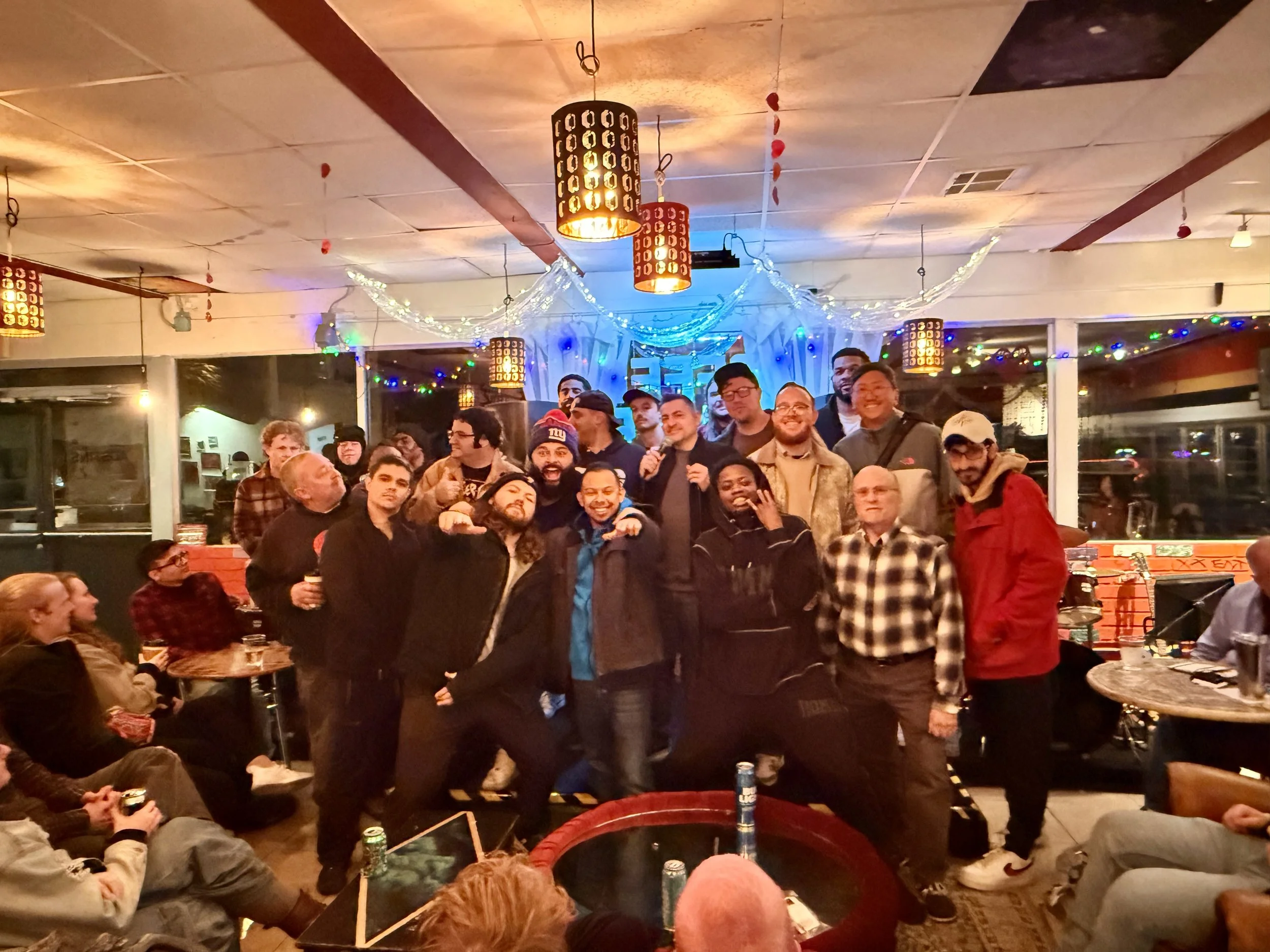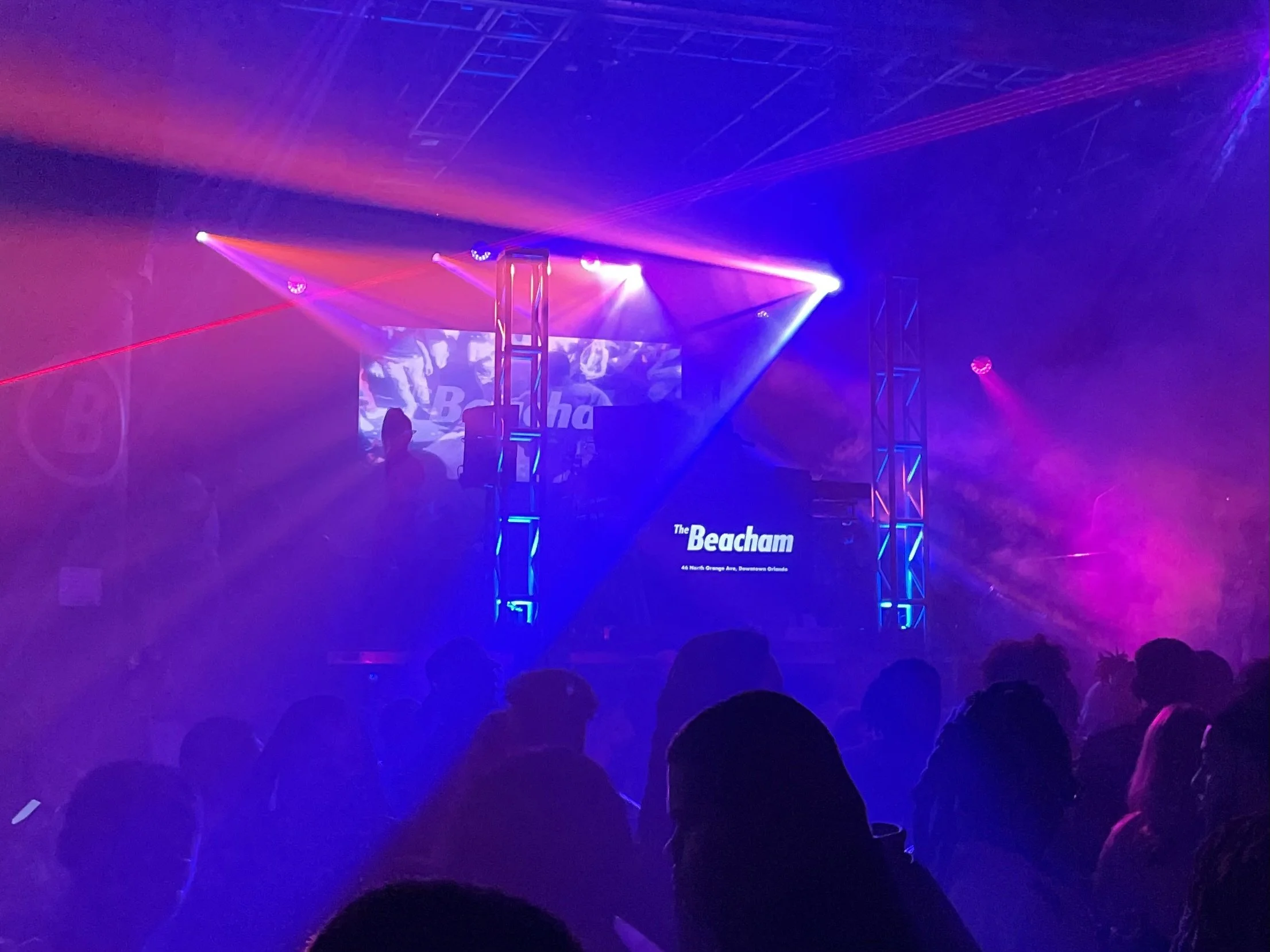
A new era of comedy begins at Austin’s Coffee
On the heels of the release of his latest comedy special, Keep Preacher Weird, Preacher Lawson stopped by Orlando to mark a milestone close to his heart: the return of the comedy open mic at the newly reopened Austin’s Coffee.
On Sunday, Feb. 1 — as part of Austin’s reopening weekend in bigger Fairbanks Avenue digs — the revived open mic kicked off at 9 p.m. Craig Norberg hosted.
While Lawson downplays his role in the event, the open mic’s legacy looms large in his career and in Orlando’s comedy scene. In this conversation, Lawson reflects on what Austin’s has meant to local comedians, how his comedy has evolved across three specials, and why his latest hour feels more honest, personal and confident than ever.







